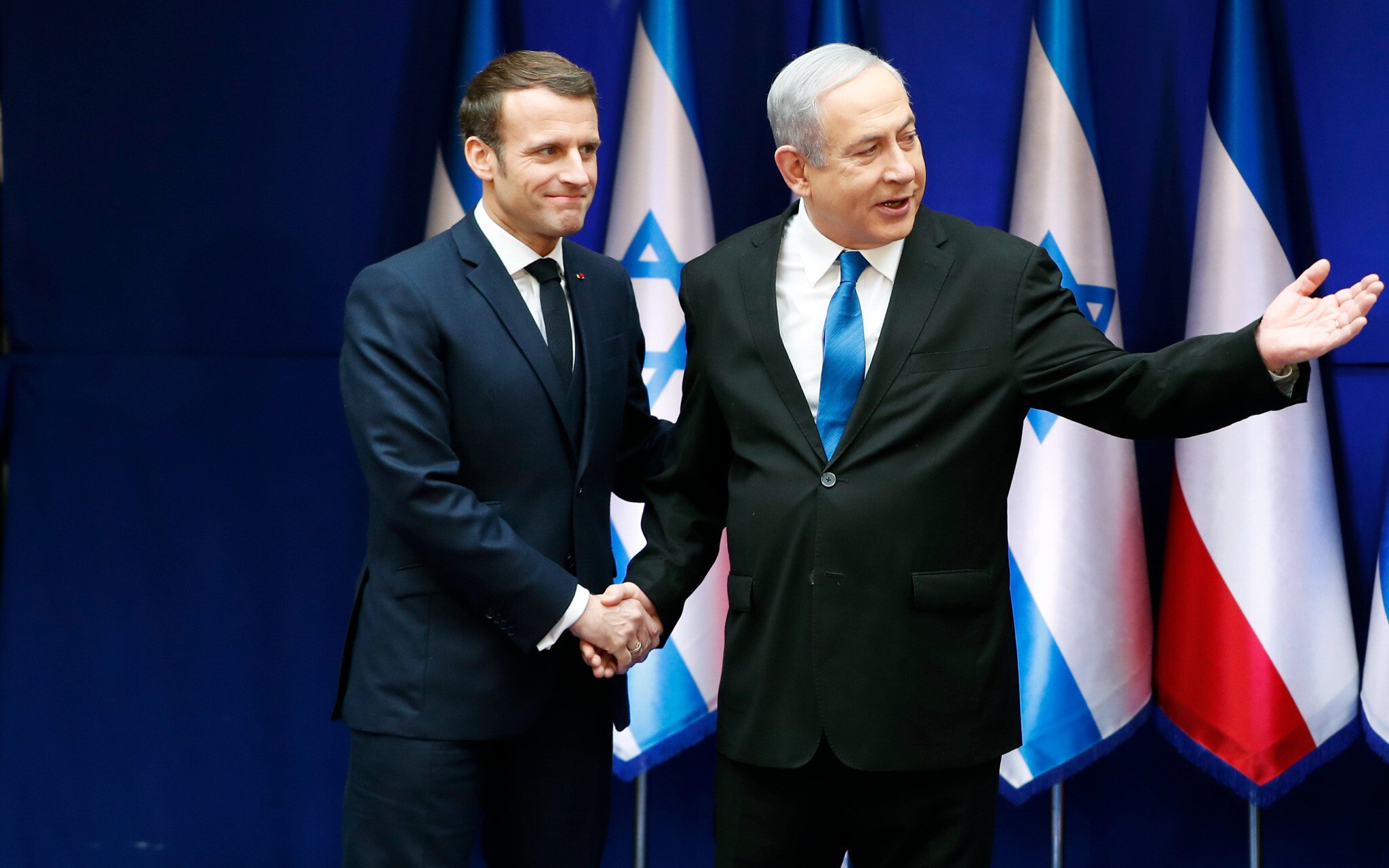President Trump's imposition of steep tariffs on Indian goods has upended India's position as the favored alternative to Chinese manufacturing, undermining years of investment by American companies seeking to diversify away from China. The tariffs have disrupted supply chains and made India less attractive to American importers, pushing businesses to consider other countries like Vietnam or Mexico for lower trade barriers. Indian officials and business leaders are grappling with the fallout, as the China Plus One strategy, which aimed to boost India's manufacturing sector and address unemployment, now faces significant challenges without support from Washington.
Prime Minister Narendra Modi's recent visit to China underscores the shifting landscape, as India seeks to navigate its complicated relationship with its neighbor amid economic and political tensions. The tariffs have forced India to reconsider its approach, potentially moving closer to China despite longstanding border disputes and security concerns. Indian companies, especially those reliant on exports to the United States, are struggling to adapt, with many searching for new markets to offset losses. The evolving situation highlights India's vulnerability and the difficult choices ahead as it strives to become a global manufacturing powerhouse.

 image sourced from original article at
image sourced from original article at 


